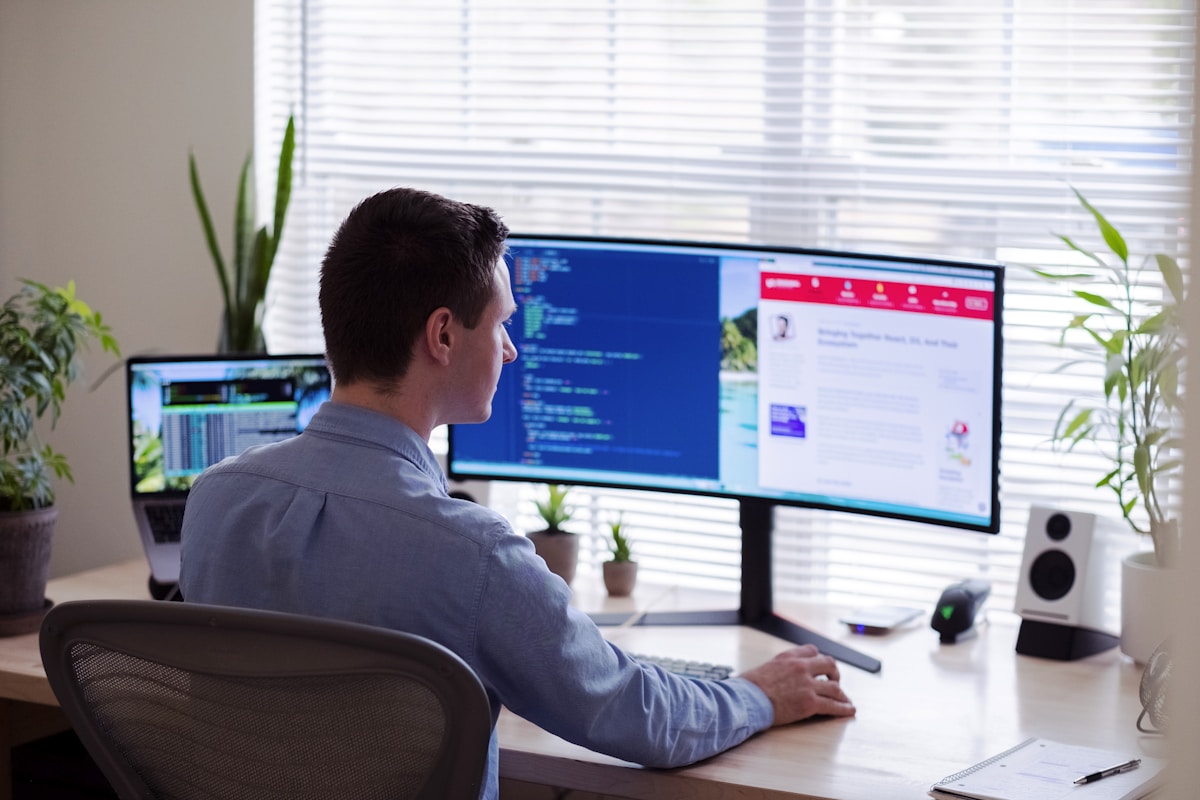willpower alone won’t take you far

“According to psychological research, your willpower is like a muscle. It’s a finite resource that depletes with use. As a result, by the end of your strenuous days, your willpower muscles are exhausted, and you’re left to your naked and defenseless self—with zero control to stop the nighttime munchies and time wasters. At least, that’s what you’ve been taught. Clearly, the research on willpower explains human behavior. But only on the surface level. The very fact that willpower is required comes from several fundamental sources: You don’t know what you want, and are thus internally conflicted. Your desire (your why) for your goals isn’t strong enough. You aren’t invested in yourself and your dreams. Your environment opposes your goal.”
― Benjamin Hardy, Willpower Doesn’t Work
When it comes to making hard choices over easy ones, we often engage in absurd and nonsensical methods. We behave like that Boy Scout, who didn’t use his sleeping bag and spent his night freezing just because he didn’t want to pack it up in the morning. Why put yourself through pointless suffering just to save yourself work that lasts only for a few minutes?
In order to avoid discomfort, many of us put off taking immediate, decisive actions and hence subject ourselves to long-term regrets. Things would have much easier if we had just focused on the simple solution: biting the bullet and doing what had to be done in order to live in accordance with our goals.
It’s usually believed that willpower is like a muscle and the more we use it, the sooner it gets exhausted. And we think that the best way to strengthen it over time is to consistently exert self-control day after day. However, the problem with this willpower muscle is that it’s a pretty weak one. No matter how much self-control we practice, it’s really hard not to tire willpower out.
We human beings, like other creatures on the planet, are undergoing natural evolution as well. We’re unable to change our environments, so we adapt to it in order to survive — even if it doesn’t benefit us in the long run. However, we’re not as powerless as it seems. Like we control the environments of the animals we domesticate, we can also design our own environments so that any adaptation is nothing but an improvement over our past situation, inching us closer to our goals. If we choose, by architecting an alternate environment that is more favorable to our desired outcomes, we can trick ourselves to “adapt” into the ideal vision of ourselves.
To summarize, relying on willpower alone to get things done is not only pain-inducing, but also an extremely poor strategy to bring positive change in our lives. Instead, the most effective approach is to create an alternate environment that compels us to live and act in accordance with our superior aims.
GET YOUR COPY OF THE DAILY APPLE BOOK HERE.